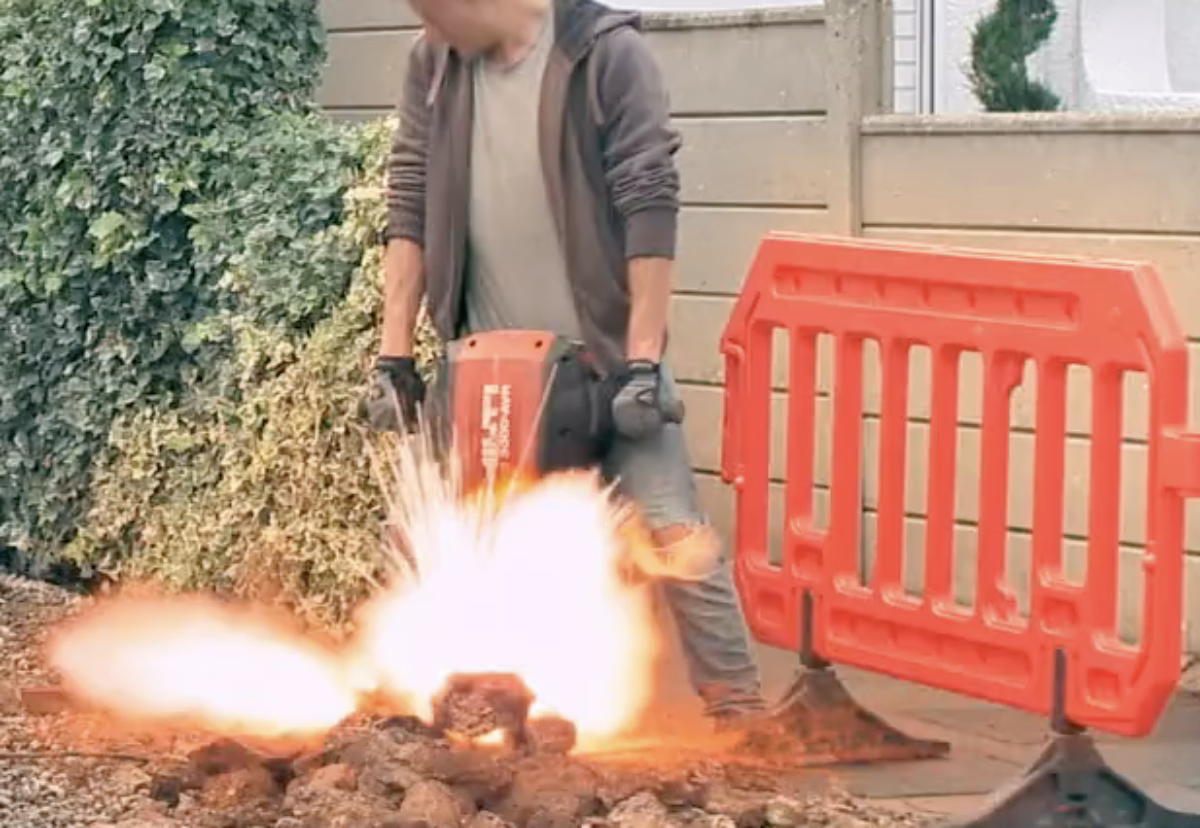Underground powerline strikes from July to September alarmingly jumped 20% to 475 incidents compared with the same time last year.
The figures for Q3 are running 46% above the previous quarter (April – June 2020) total of 325.
It is not clear whether the surge has come from a rise in utility and roadworks or whether workers returning from furlough or shutdown are now neglecting basic safety procedures.
Research released today by the Energy Networks Association reveals 93% of construction workers believed they always dig safely, yet almost a third (31%) admitted to not always checking for underground electricity cables before beginning work.
Despite the threat to life, the main reasons workers did not check for underground electricity cables was because they felt it was not their responsibility (15%), or they would not dig deep enough to hit anything (24%).
Worryingly, almost one in six said if they uncovered an underground electricity cable encased in concrete, they would attempt to break them out, which could put them at immediate risk of life-threatening injuries.
To hammer the safety message home the ENA has released new emotive safety film, urging people to ‘Think Before You Dig’
Peter Vujanic, Chair of ENA’s Public Safety Committee said: “It’s extremely concerning to hear that even though construction workers are one of the most-at-risk groups of injury involving underground electricity cables, more than one in four fail to check for cables before beginning work.
“With the proper education and support, these issues can be addressed and, ultimately, lives can be saved.”
ENA has also released life-saving safety guidelines under the slogan: Plan, Scan, Think Before You Dig
- Plan ahead – Always be mindful of what services lie below ground when digging or excavating. Ask utility companies for plans in advance.
- Assess the risks – Identify the dangers and hazards associated with excavations and put controls in place to manage them.
- Scan and locate – Take care when digging, always locate underground cables before digging with the use of cable avoidance tools.
- First, use your hands – Before using any electric or mechanical excavation tool, you must consider hand-digging trial holes to expose the services
- Always assume, that underground cables are live even when damaged.
- Know who to call – In case of an emergency dial 999 and tell them electricity is involved. Call 105 if you have a safety concern related to the electricity network or if you spot damage to underground cables and substations that could put you, or someone else, in danger.
- Think Before You Dig
The industry is also increasingly turning to vacuum excavation as a safer alternative to traditional digging techniques.
Leading specialist Vac UK has recently invested £15m in a new fleet of suction excavators to help reduce cable strikes.



























 (300 x 250 px).jpg)











.gif)

















